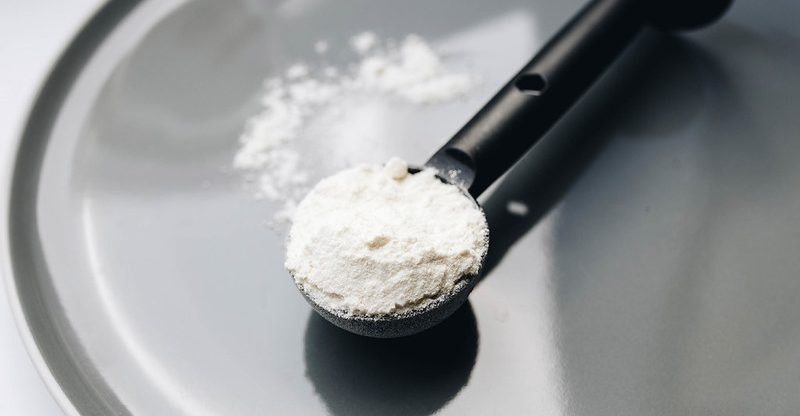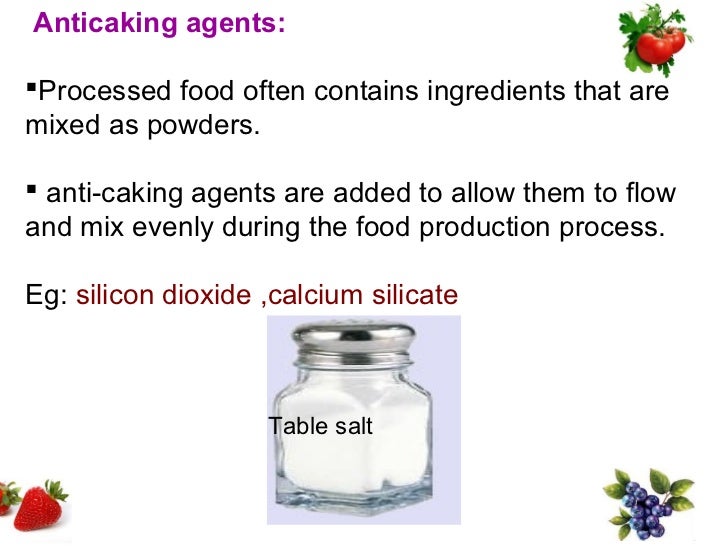Calcium Silicate In Food Side Effects

Calcium silicate an inorganic ingredient with low bulk density and high water absorption commonly used as an anticaking agent and carrier in food the two main applications are in table salts and supplements.
Calcium silicate in food side effects. Not everyone can tolerate taking calcium supplements regularly and one of the common side effects is constipation says dr shah. Is consuming calcium silicate bad for you. E 552 is its european food additive number. Talc or magnesium silicate.
Possible damage to the eye tissues can occur. Other than just constipation it can also cause stomach irritations. Effect of bone turnover and bmd of low dose oral silicon as an adjunct to calcium vitamin d3 in a randomized placebo controlled trial. Magnesium silicate is similar in composition to asbestos and can cause lung problems when inhaled bad news for the workers who have to mine it.
One experiment in rats showed significant increase in the incidence of pleural sarcomas after calcium silicate fibers were implanted. Contact with the eyes will cause intense burning and pain. What is calcium silicate uses safety side effects faqs. Early research found a link between calcium supplementation during pregnancy and reduced autism in the offspring.
Calcium silicate is an inorganic substance that can exist in different forms. Journal of bone mineral research 2005 20 s172. Calcium silicate can cause irritation to the eyes and respiratory tract. The burn can range from mild to a full thickness burn.
Hardening of the arteries atherosclerosis. It is commonly used as anti caking agent in food ingredients. Anti caking agents absorb moisture and allow products to flow freely during the manufacturing process. Typically manufactured by combining slaked quicklime with silica and stirring in a vessel at elevated temperature and pressure.
Other food products where calcium silicate are present. Early research found that taking calcium for up to 3 years does not reduce the risk of. It is described as a very fine white or off white powder with low bulk density and high physical water absorption. The same powder your grandmother used as deodorant can be found in many supplements as a cheap filler and anti caking agent.
Calcium silicate has a variety of applications industrially and is used in foods as an anti caking additive.














































